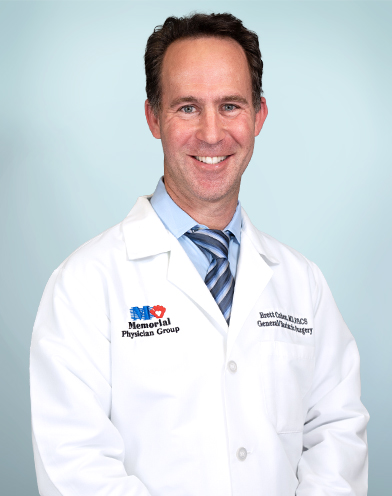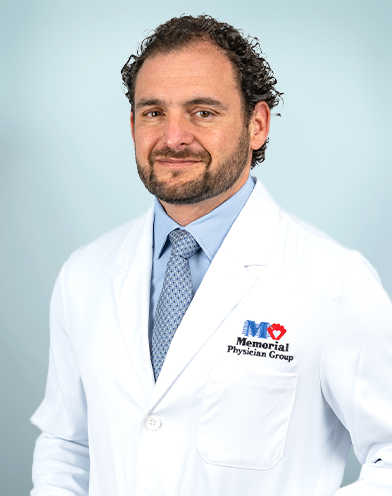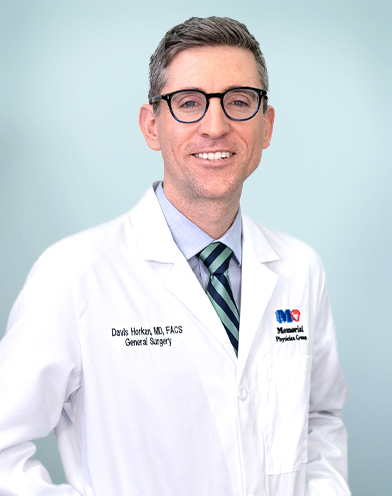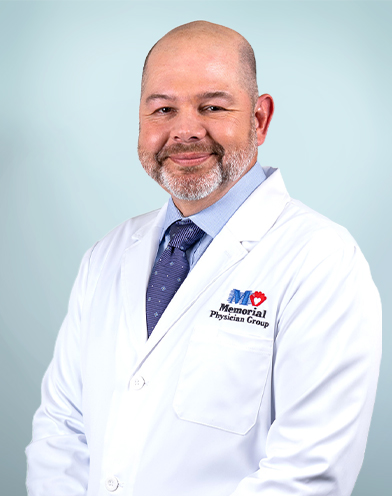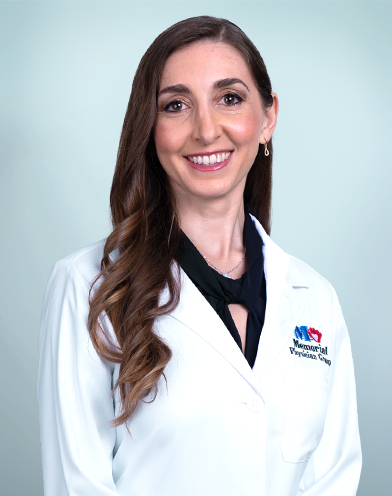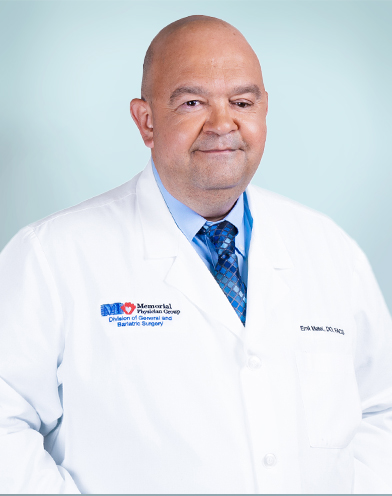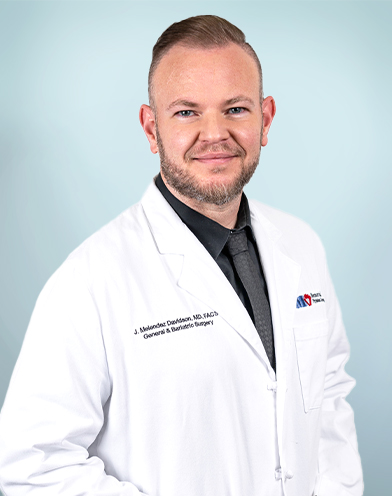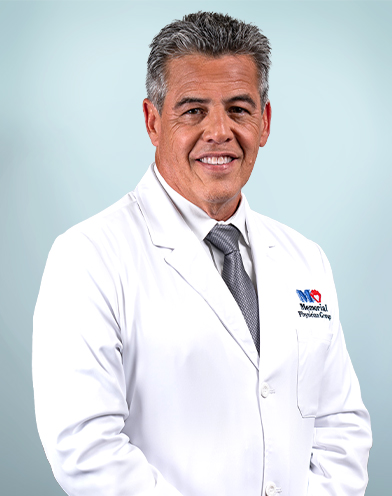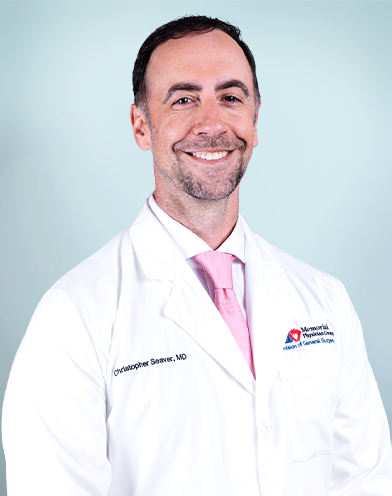What to expect from a Hernia Surgery
Call us to schedule an appointment with one of our surgeons
954-276-7874A hernia will not heal on its own, so the only way to treat a hernia is with surgery. It’s best to get a diagnosis and treatment as soon as possible. Waiting to get treatment can make it harder to repair the hernia. Delaying can also lead to more complications during and after surgery.
Benefits of Laparoscopic and Robotic Surgery for Hernias
Our surgeons have advanced training in minimally invasive surgery options for hernias, including laparoscopic and robotic surgery. We perform thousands of minimally invasive hernia surgeries every year and use this approach whenever possible.
Advanced minimally invasive surgery for hernia using laparoscopic or robotic surgery has several benefits over traditional surgery, including:
- Fewer complications during and after surgery
- Fewer restrictions during recovery
- Little to no scarring
- Lower risk of bleeding and infection
- Shorter healing time
- Less chance of hernia recurring
Options for Hernia Treatment
The hernia location and severity will determine what type of surgery you need. We offer several options for hernia repair surgery, including:
A surgeon inserts long tools and a camera through one or more small cuts around the hernia location. The surgeon uses the camera to visualize the area and specialized tools to:
- Move the tissue or muscle that is out of place back where it belongs
- Stitch up the weakened muscle or wall where the tissue came through so the hernia will not recur
Laparoscopic hernia surgery is a very safe procedure with very few risks. Because the surgeon only makes small incisions there is less scarring. In some cases, they may go through your belly button or an existing scar to prevent additional scarring. Because the incisions are smaller, the recovery is usually faster than it would be with traditional (open) surgery.
Robotic hernia surgery, like laparoscopic surgery, is a minimally invasive procedure. The surgeon makes one or more small cuts near the hernia. They insert a small camera to see inside your body and tools attached to a robotic arm. Your surgeon controls the robotic arm from a console to stitch the muscle or tissue where the hernia broke through.
Robotic surgery also has very few risks, leaves little to no scarring and has a shorter recovery time than open surgery.
Call us to schedule an appointment with one of our surgeons
954-276-7874What to Expect When You Need Hernia Surgery
We have a streamlined process to address your needs at every step of the hernia treatment process in order to provide you with a personalized treatment experience.
Preparing for Hernia Surgery
When you meet with one of our surgeons to discuss treatment options, they will perform a complete physical and discuss your medical history. They may order additional tests to get an accurate diagnosis and learn more about what is causing the hernia. Next, they:
- Discuss your treatment options and create an individualized plan to repair the hernia.
- Explain the benefits of each type of mesh for surgeries that require it. They let you see and feel samples of mesh to help you select the right one for you.
- Discuss your specific surgery and what steps they will take during the procedure. This conversation helps you understand our approach and gives you a chance to ask any questions.
We perform all hernia surgeries under anesthesia. Our team will provide instructions on how to prepare for anesthesia.
Recovering from Hernia Surgery
After minimally invasive laparoscopic or robotic hernia surgery, you may spend one or more nights in the hospital. Some hernia surgery patients may leave the same day. After traditional surgery, you may stay up to three nights in the hospital.
Our patients stay in a private room for individualized care. It feels more like a private surgery center than a typical hospital stay. You have 24/7 access to the surgery team through a dedicated phone line or the patient portal.
Our Center for Wound Healing and Hyperbaric Oxygen Therapy offers treatments to speed up wound healing and recovery. We often partner with plastic surgeons and wound care specialists for complex hernia surgery with abdominal wall reconstruction.

Patient and Family Centered Care
We treat patients and family members as partners in healthcare.

